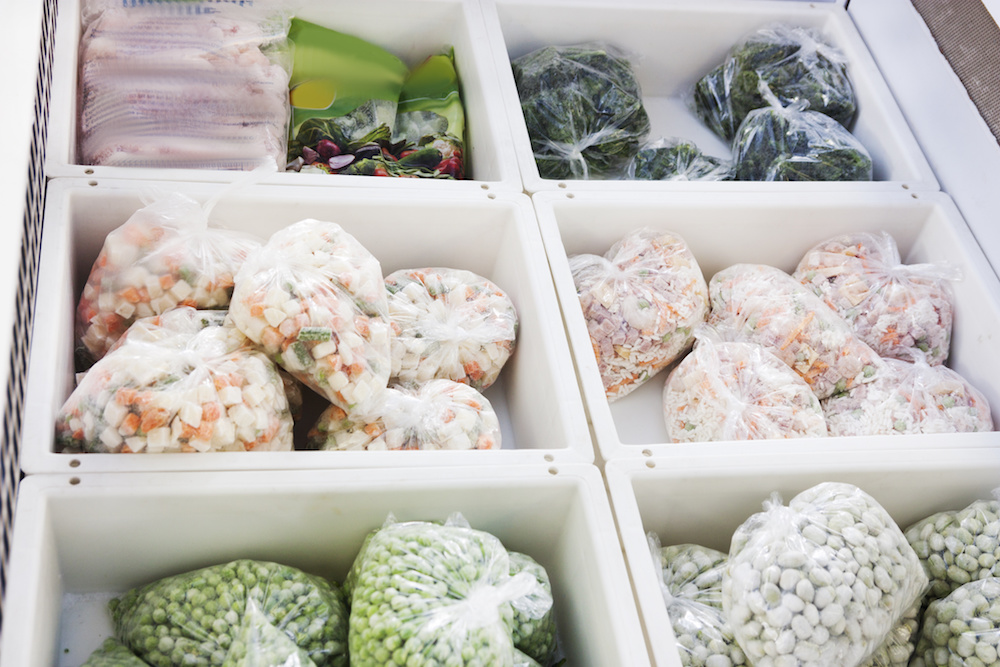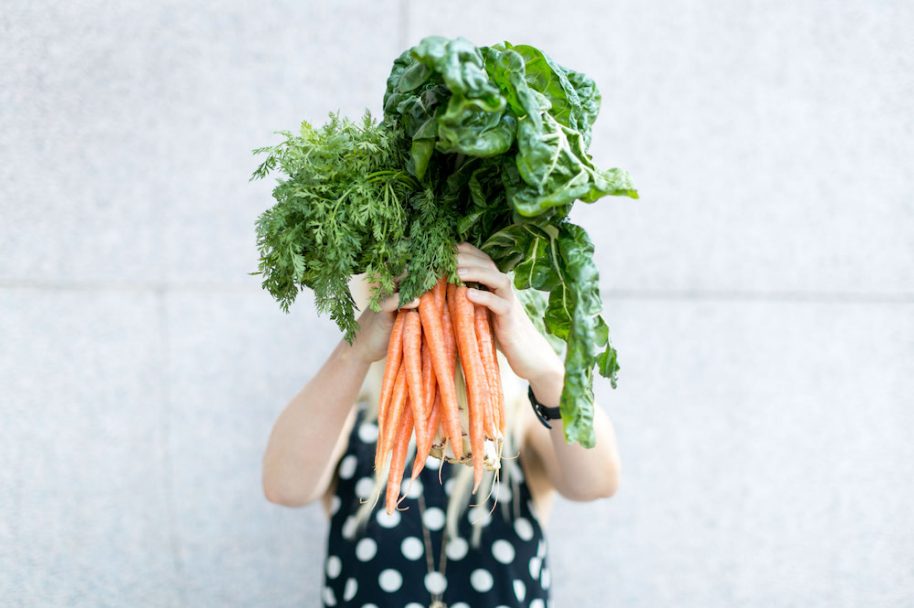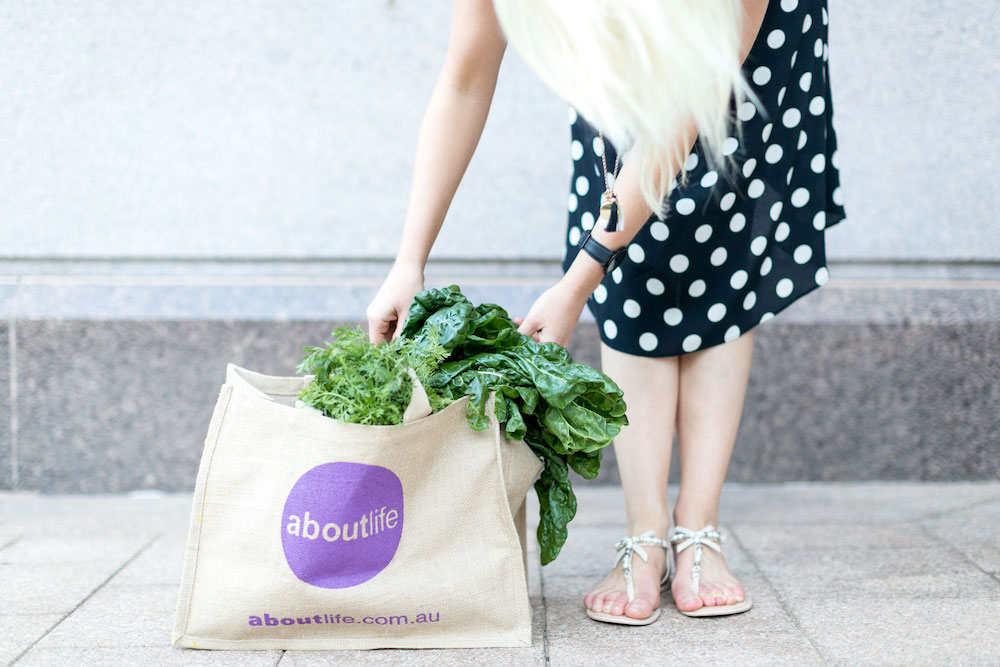Thursday, September 28, 2017
On September 28, 2017 by Unknown in Around Town No comments
1. Buy in bulk
Often family packs of chicken breast, salmon fillets and other foodies offer much better value for money.If you know you’re not going to eat it all while it’s fresh, freeze them into portions and just thaw them as you need them. Not only does it mean you have shop a little less (yahoo!) but you’ve saving money too.
2. Keep your eyes peeled for offers
It might sound a bit simple, but offers on everyday items can make a huge difference at the checkout. Look out for reduced fish and meat that is near its use-by date and eat it the same day or freeze it for later use. I buy most of my organic meat that way – it makes it much cheaper and reduces waste too!I also use my American Express Card to snap up great offers at small businesses, supermarkets and local retailers. I love The Source Bulk Foods in Balmain for buying dry whole foods in bulk to save the planet and my wallet, and AboutLife for organic roasted chickens and delicious raw treats! Have a look at your local small retailers on the Shop Small map.
3. Look up!
Grocery stores generally put more expensive items on the shelves we see first at eye level, so look up and down to spot the deals.Try comparing similar items by their price per kilo or millilitre to know how much bang you’re getting for your buck. This info is usually under the price on the store’s label.
4. Get Credit-Card Savvy
It’s great to use supermarket rewards programs to earn points, but have you thought about the power of your credit card? Using the right credit card when you shop could mean massive savings and benefits at the checkout.I use my American Express Platinum Edge Card which gives me a massive three points per dollar spent at leading supermarkets. You can then redeem your points for gift cards to use in major supermarkets and save, save, save! Winning.
5. Buy groceries that are in-season
While seasonal prices never seemed to affect the produce in the UK (thanks to the lovely free-trade EU arrangement that no-longer exists!), Australia’s groceries are very price-sensitive. That’s what you get when you import things from half the way around the world. Eating fruits and veggies that are in season not only saves on air miles and does wonders for local farmers, but it means you save dollars too. Some staple veggies such as tomatoes are available year-round (hallelujah!), but things like blueberries and citrus are cheapest when they’re in abundance. Right now, strawberries are super cheap, so stock up and freeze some for when the price rise kicks in!6. Shop the perimeter
Supermarkets generally place all the essentials (such as produce and eggs) at opposite ends of the store so you have to pass through the middle and buy stuff you don’t need. Stick to the perimeter for fresh, wholesome stuff and stay focused on your shopping list!7. Freeze leftover greens
If you’ve got a few limp-looking kale leaves chasing around in your crisper, throw them into your freezer. They make a great addition to your morning smoothie and give them a thicker consistency. Plus the extra vitamins in the morning can’t hurt right?! I love freezing slices of zucchini to thicken my protein shakes after a workout.
Source: the-fit-foodie
Read more >> Sydney's best Post-Workout Nourishment!
Subscribe to:
Post Comments (Atom)
Search
Popular Posts
-
We all get little worn down with every day stressors. We’re juggling a thousand things and even more expectations and responsibilities, all...
-
A bank, helping me get fit?! Yup. You read that right. After listening to market trends and feedback from customers who value health ...
-
SPRING has finally arrived in Aus, and what better way to celebrate than sprucing up your workout wardrobe? Here’s my Spring Edit for 2017....
Blog Archive
- October 2017 (7)
- September 2017 (46)


0 comments:
Post a Comment